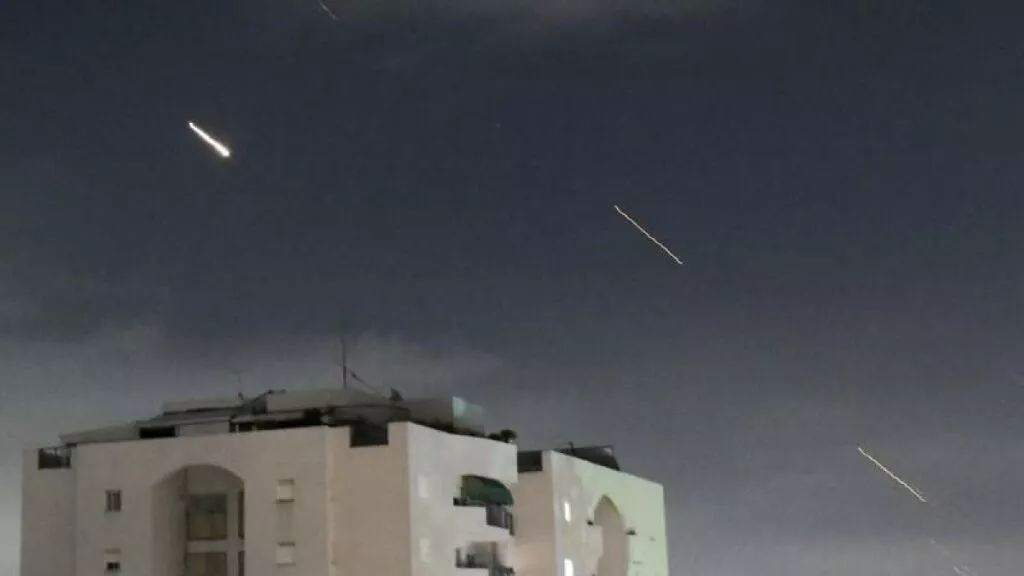The world has been in suspense since Saturday night following Iran’s attack on Israel.
It is the largest attack Tehran has carried out in the region, following drone attacks in 2019 on Saudi oil refineries and in 2020 on Iraqi air bases hosting US troops in response to the assassination of Qassem Suleymani.
An action, however, which Tehran had warned for days that it would come in retaliation after the bombing of the Iranian consulate in Damascus, and which was largely expected by those concerned with regional events, while it is believed that its main purpose was to send messages both at home and abroad about the fact that Israel has crossed red lines.
Optimism for de-escalation – Carefully calibrated actions
Iran’s decision to retaliate against Israel from its territory caused concern, although the attacks appeared to be carefully calibrated to avoid a full-scale war.
The fact, however, that the action was proportionate, limited and for which there were clear warnings, coupled with the clear stance of the US, which has repeatedly warned that it would not consent to an offensive action by Israel against Iran, which would lead to a widening of the regional conflict, creates a cautious optimism for a relative de-escalation of the crisis.
“The drones that Iran chose to launch at Israel included slower-moving drones designed for tactical use,” US officials told Foreign Policy – another indication that Tehran likely weakened its response to avoid further escalation.
Iran also wanted to inform about the attack on Israel much earlier, giving the Israelis and their allies enough time to prepare their air defenses, an action that several regional experts and officials have interpreted as a calculated attempt to reduce the risk of further escalation. After all, in the hours before the strikes, both Jordan and Israel closed their airspace while US tankers refueled US fighter jets.
“Iran’s action was more symbolic”
The statements of Kostas Yfantis, Professor of International Relations at Panteion University, to MEGA Greece, were indicative. He said that “Iran’s attack was expected, the only thing we didn’t know was when it would occur and how it would occur”, explaining that “Iran felt obliged to react, to do something after the bombing of the Iranian consulate in Damascus. It took several days before it decided to react and fortunately, the reaction was more symbolic than substantive. This does not mean that the region will calm down. I am cautiously optimistic that we will remain at this level.”
As far as Israel’s reaction is concerned, it is not excluded, but what most international analysts expect is a targeted, “surgical” type of reaction, which will not lead to open war and a widening of the conflict.
Thinking rationally, further escalation is also considered remote at present on the part of Iran, since it would have to suffer crushing blows and a massive response if it did so.
In any case, we must always bear in mind that we are dealing with two regional powers, one (Iran) fighting for its survival and the other (Israel) facing a sense of being surrounded by many enemies in the region, which should keep our authorities and security forces on their toes.






